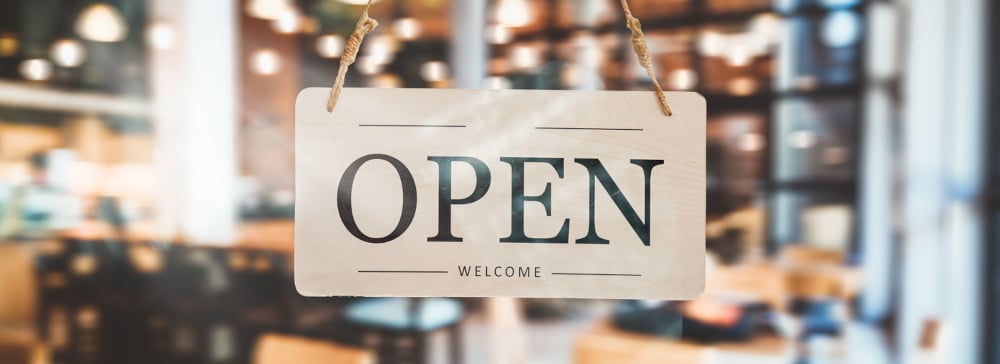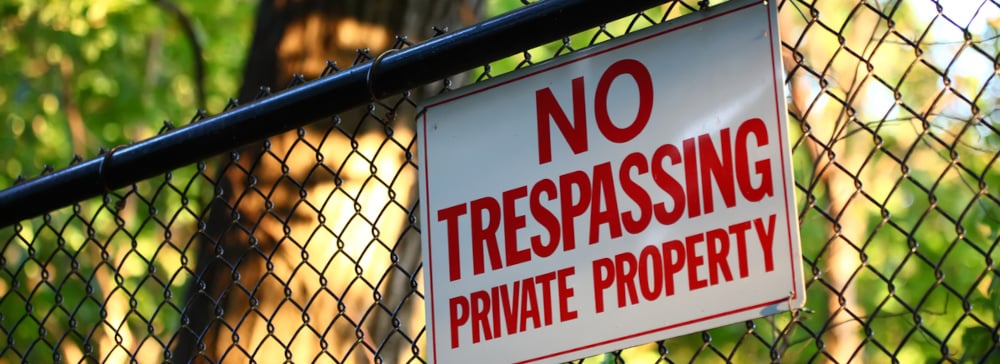Table of Contents
Many people are aware that if someone slips and falls while on the property of another, the injured party can attempt to sue the property owner or manager. This area of law is referred to as premises liability.
However, what many people do not realize is that under Florida law, the status of the person visiting the property makes a huge difference as to the standard of care owed to that individual, and therefore the likely outcome of a lawsuit.
Property owners may be held to a high standard for certain categories of visitors yet have virtually no duty to protect others from harm. Therefore, if you have been involved in a situation in which the owner of premises might be held liable for injuries sustained on the property, it is crucial to speak with an experienced Stuart injury attorney familiar with this area of law.
A Stuart premises liability lawyer from Kogan & DiSalvo will understand the laws as they apply to the facts of your situation, and can provide advice as to the best course of action.

In a case involving premises liability, one of the most important factual determinations a court will need to make involves the status of the injured party. Generally, visitors on the property of another are found to fit in one of the following categories:
Property owners are expected to provide a high level of care and concern for the well-being of public invitees, and a lesser degree to others, with hardly any concern owed to those found to be trespassing on the property.
Therefore, it is essential to adequately evaluate the facts of a situation as they are likely to be viewed by the court.
A public invitee is an individual who has been encouraged to enter public property to use it for the purpose for which it has been made publicly available. For example, those visiting a patient in a hospital could be considered public invitees because they do not have business related to the business of the property, but they are welcome as members of the public.
The most common category of visitor in premises liability lawsuits is a business invitee. A business invitee is an individual invited to be on the property for a reason connected with the business of the owner. For example, a patron enjoying attractions at an amusement park or a shopper buying products at a grocery store would be considered business invitees.
A licensee by invitation would be a social guest, such as a family member or neighbor invited to a party. By contrast, an uninvited licensee is an individual who elects to enter the property for convenience and has not been invited. A door-to-door salesman would fit in this category.
The final category is a trespasser, that is, someone with no right to be on the property.

Property owners or those otherwise in control of property owe the highest duty of care to public and business invitees. Invitees must be warned about any dangerous conditions which the property owner is either aware of or should be aware of and which the visitor would not ordinarily know about. Moreover, property owners must maintain reasonably safe conditions on the premises.
This requirement has been interpreted to mean that property owners must provide protection against foreseeable crimes that may be committed by others. For invited licensees, property owners are required to maintain reasonably safe conditions and warn of known dangers on the property.
For uninvited licensees and trespassers, however, the property owner is generally only required to refrain from willful or wanton injury, such as setting up traps. However, if the uninvited party is a child, the property owner is held to a higher standard and must provide protection from dangerous conditions which might appeal to a child, such as a swimming pool or old equipment. These are examples of “attractive nuisances.”
The laws regarding premises liability in Florida are so specialized, it is important for anyone involved in a situation where an individual is injured by a dangerous condition on the property of another to seek counsel from a premises liability attorney with experience in this area of law.
A Stuart premises liability lawyer will know how to present the facts in the best possible light to work toward a full recovery.
If you are injured and unable to come to us,
our attorney will come to you - there is no charge for us to do so.